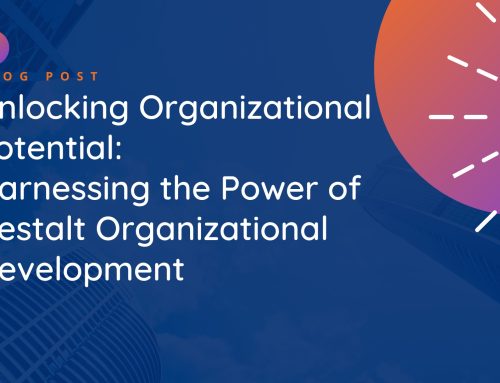In today’s rapidly evolving business landscape, effective communication within an organization has emerged as a crucial factor for success. While external communication often takes the limelight, internal communication is equally vital in fostering collaboration, alignment, and employee engagement. Recognizing the significance of internal communication, many companies are now turning to strategic consulting services to optimize their internal communication practices. In this blog, we will delve into the world of internal communication, exploring its essence, benefits, and why investing in strategic consulting services can yield a significant return on investment (ROI).
Understanding Internal Communication:
Internal communication refers to the flow of information, messages, and ideas within an organization. It encompasses the various channels and strategies employed to facilitate effective communication between employees, departments, and management. The primary goal of internal communication is to shape the company’s culture, foster a shared understanding, and clarity of purpose, drive change management initiatives, and a sense of belonging and ownership among employees, which in turn drives employee engagement and boosts organizational performance.
However, many companies struggle with internal communication. They may lack a clear strategy, use outdated channels and tools, or fail to involve employees in the communication process. This can lead to disengagement, misinformation, and poor decision-making, which can ultimately harm the organization’s bottom line.
What Internal Communication Includes:
Internal communication is a multifaceted discipline that encompasses several key elements and practices. These include:
- Communication Channels: From traditional methods like email, newsletters, and bulletin boards to modern platforms such as intranets, collaboration tools, and social media platforms, a diverse range of communication channels is utilized to ensure information reaches the right people at the right time.
- Strategic Planning: Internal communication strategies are carefully crafted to align with the organization’s goals, values, and culture. This involves establishing clear objectives, identifying target audiences, and creating tailored messages to effectively engage employees.
- Employee Engagement: Internal communication plays a pivotal
- role in fostering employee engagement by creating a sense of shared purpose, providing regular updates, recognizing achievements, and encouraging employee feedback and participation.
- Change Management: During times of organizational change, effective internal communication becomes paramount. It helps manage resistance, address concerns, and ensure that employees are well-informed and engaged in the change process.
Why Invest in Internal Communication Strategic Consulting Services:
Investing in internal communication strategic consulting services brings numerous advantages to organizations. Here are some key reasons why companies should consider leveraging such services:
- Expertise and Experience: Internal communication consultants possess deep expertise and experience in crafting communication strategies, leveraging best practices, and utilizing the latest tools and technologies. Their guidance can help organizations optimize their internal communication efforts.
- Tailored Approach: Strategic consultants work closely with organizations to understand their unique challenges, culture, and goals. This allows them to develop tailored internal communication strategies that align with the organization’s specific needs, maximizing effectiveness.
- Enhanced Employee Engagement: Effective internal communication boosts employee engagement, resulting in increased productivity, satisfaction, and retention. Consultants help create meaningful communication channels that resonate with employees, fostering a sense of connection and empowerment.
- Change Management and Alignment: During periods of change, strategic consultants play a vital role in facilitating smooth transitions by developing change communication plans, addressing concerns, and aligning employees with the organization’s vision.
Return on Investment (ROI) in Internal Communication Strategic Consulting Services:
While return on investment can be challenging to quantify for internal communication, the impact is undeniable. A study by Watson Wyatt found that companies with highly effective communication practices had a 47% higher total return to shareholders compared to organizations with poor communication practices. Additionally, a report by Towers Watson found that companies with highly engaged employees had a 19% increase in operating income compared to organizations with disengaged employees. By investing in strategic consulting services, companies can expect to reap several measurable and intangible benefits:
- Increased Productivity: Engaged employees are more motivated and productive, resulting in improved organizational performance and efficiency.
- Higher Employee Retention: Effective internal communication creates a positive work environment, fostering loyalty and reducing turnover rates.
- Improved Collaboration and Innovation: Open and transparent communication channels encourage collaboration, knowledge sharing, and innovation among employees.
- Enhanced Reputation: Effective internal communication positively impacts the external reputation of the organization, leading to improved brand perception and customer satisfaction.
In conclusion, internal communication is a critical component of any organization’s success. Investing in internal communication strategic consulting services can help companies develop and implement effective communication strategies that align with their business objectives and drive results. The return on investment can be significant, including increased shareholder value, higher operating income, and cost savings.





